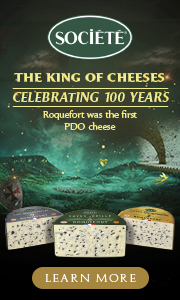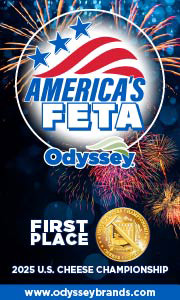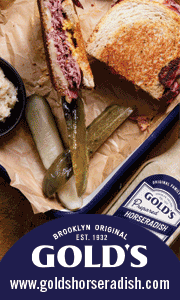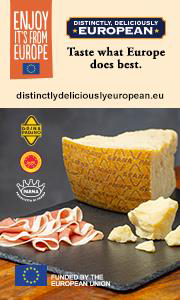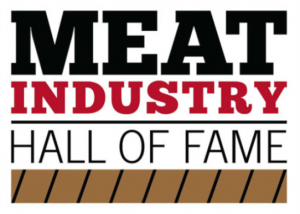 The Meat Industry Hall of Fame is proud to welcome its latest round of inductees and invites all meat and poultry industry stakeholders to congratulate its Class of 2024.
The Meat Industry Hall of Fame is proud to welcome its latest round of inductees and invites all meat and poultry industry stakeholders to congratulate its Class of 2024.
After nominations solicited from the industry and voting by past inductees of the Meat Industry Hall of Fame, please join us in honoring these six newest members of the Meat Industry Hall of Fame:
- Dr. Barb Masters, Tyson Foods
- Glen Dolezal, Cargill. retired
- Robert Meyer, Meyer Natural Foods
- Frederick Usinger IV, Usinger Inc.
- Roger Ball, King B Jerky
- Craig Hess, Speco Inc.
To celebrate the Meat Industry Hall of Fame’s Class of 2024, MIHOF is once again hosting its annual in-person honors ceremony, with this year’s induction reception planned to take place July 25, 2025, from 5-7 p.m. during the AAMP American Convention of Meat Processors & Suppliers’ Exhibition in Kansas City, Mo.
The reception is sponsored by Multivac, Diamond Sponsor and Reiser, Gold Sponsor.
The Hall of Fame originated in 2009 to enshrine the leaders and legends whose visions, skills and dedication have shaped and sustained our industry. The National Provisioner, a media brand established in 1891 to serve the business needs of meat, poultry, seafood and other protein processors, administers and organizes MIHOF, along with support from the MIHOF Board of Trustees.
For more news of interest to the food and beverage industry, subscribe to Gourmet News.







